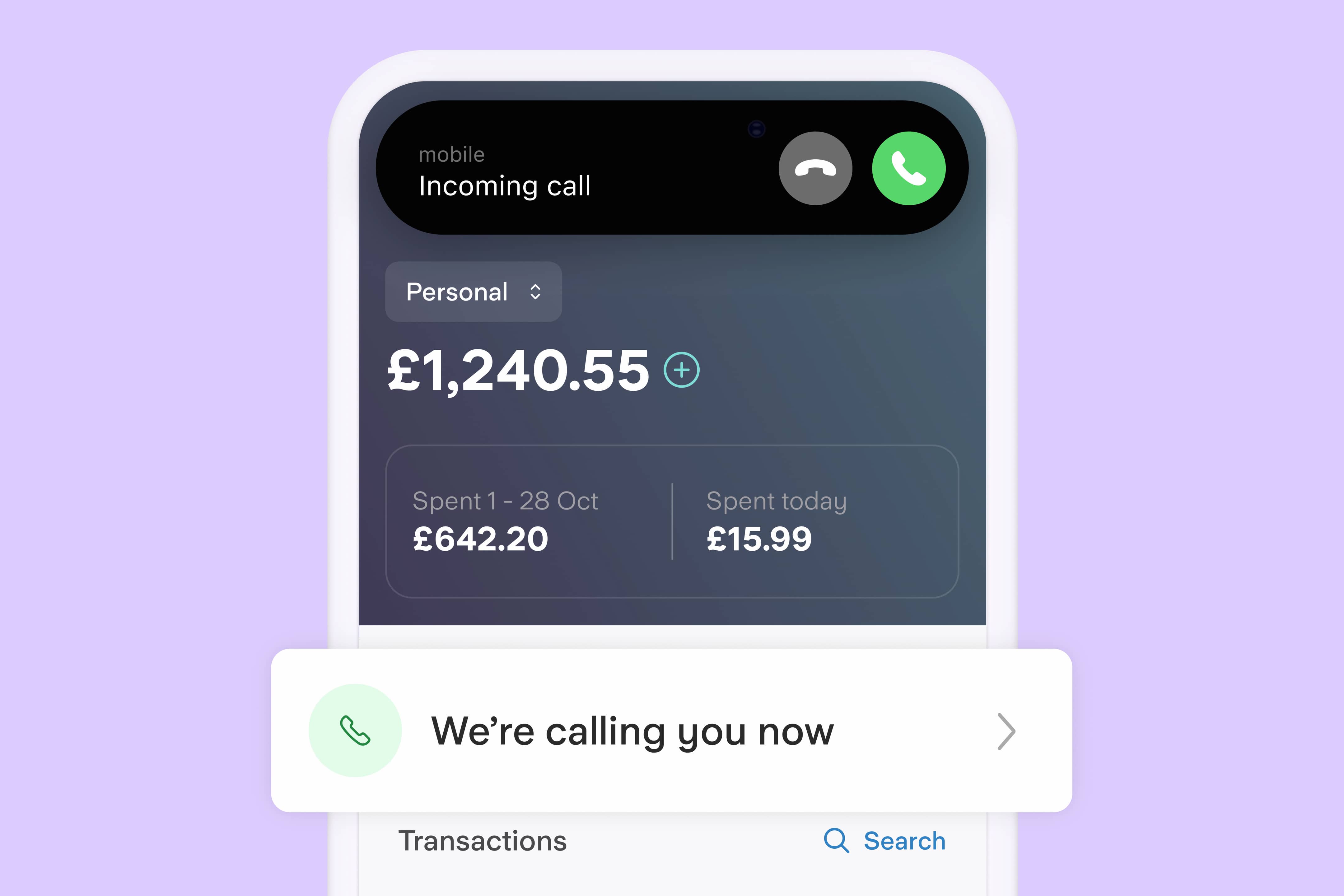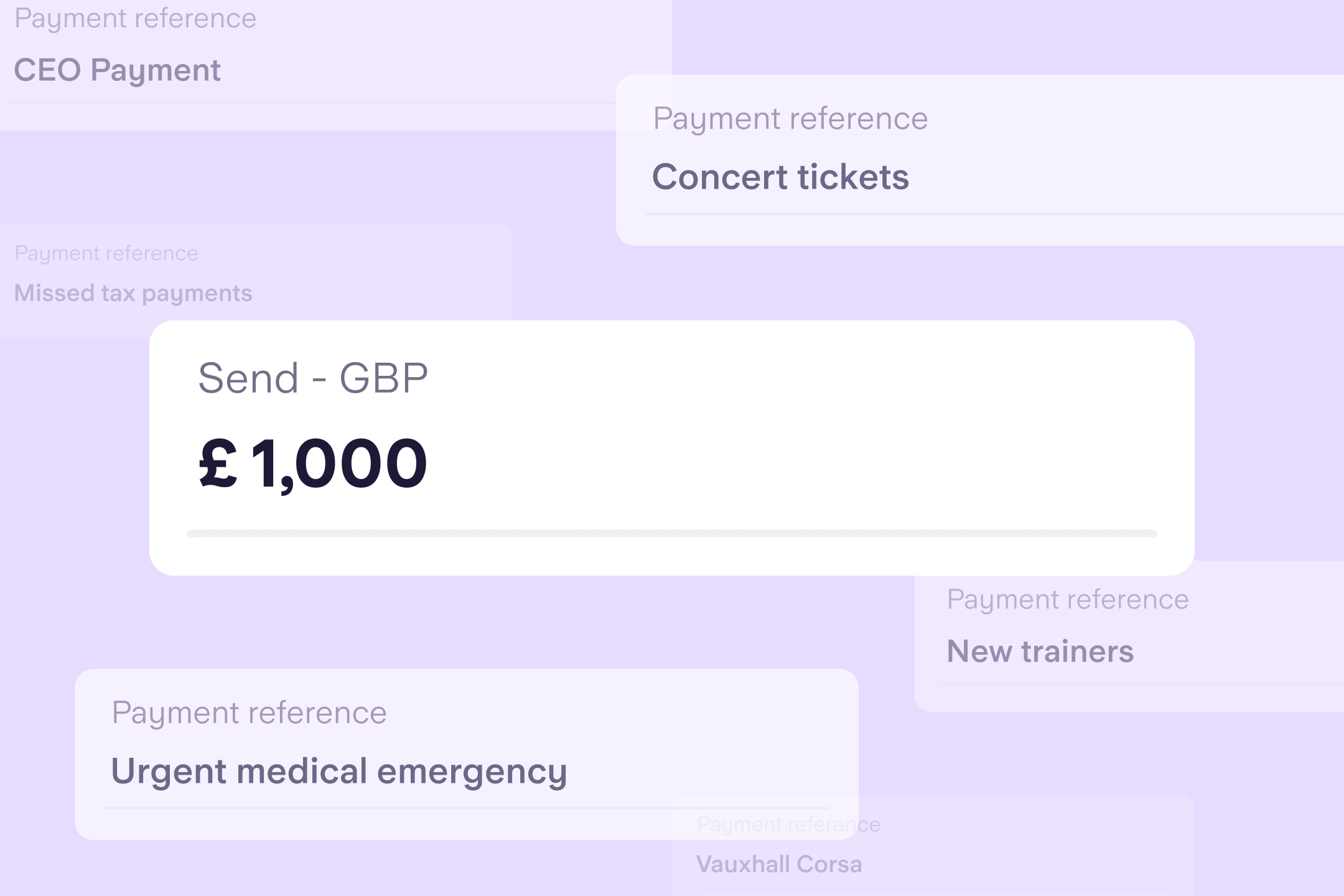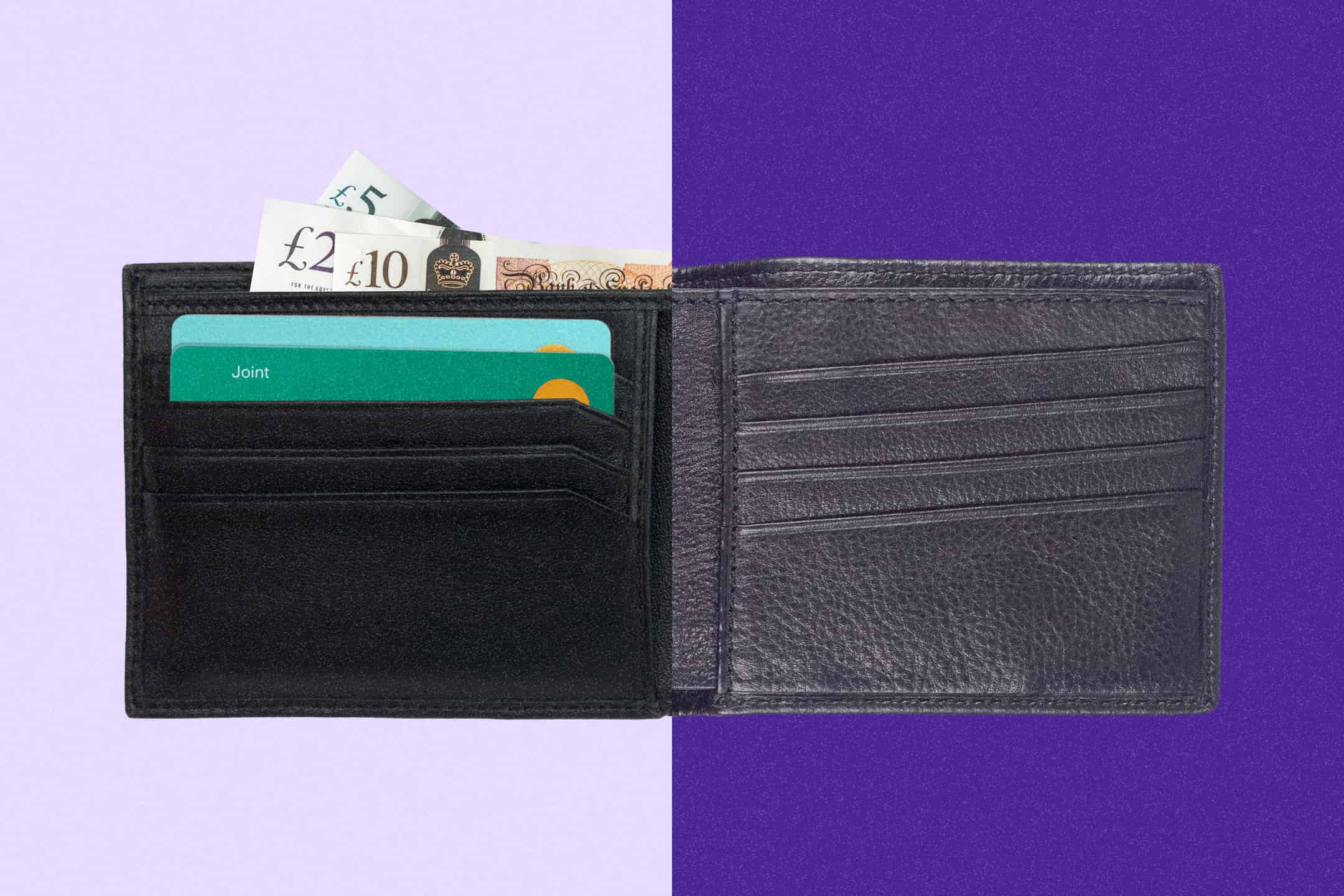
Fraud
Anyone’s identity can be stolen these days
1st November 2024

Starling’s financial crime specialist Sarah Lenette takes a look at how you can help keep children safe online.
Keeping children safe from the dangers on the internet is our responsibility as adults, whether we’re parents, carers or teachers. It’s also our responsibility as a bank. Here are some ways to help keep your children protected.
One way in which fraudsters may target children is to advertise highly desirable items like trainers or iPhones on platforms such as Snapchat, Instagram or Facebook, often at heavily discounted prices. The reality is that the items don’t exist and children as well as adults can get tricked into handing over money before the scammers disappear.
Get rich quick and pyramid schemes can be targeted at children, with Instagram, Snapchat and TikTok pages advertising ‘double your money’ offers. An example of this is 16 or 17 year olds sending £50 to people offering to ‘flip’ (make a profit on) their money on Snapchat. These ‘double you money’ offers are always scams. Legitimate investment companies offering services to retail customers need to be registered with the FCA. You can check whether a company is registered on the FCA website.
Scams aren’t just on social media. Ads can appear on webpages and even search results. Teach your children the value of research and using review sites such as Trustpilot. Explain they need to talk with you before sending any money on the internet. Explore resources together, such as Take Five which provides straightforward scam advice.
Criminals will try and take advantage of older children with bank accounts and recruit them into becoming money mules. Sometimes it’s disguised as a job opportunity. Offers to make easy money working from home are common, often with very little information about what the job entails.
Social media is sometimes used to encourage children to hand over their bank login details or request that they move (illegally obtained) money through their accounts, often with a financial incentive. Posts showing stacks of cash, flashy cars and jewelry advertise what appears to be an achievable lifestyle if you sign up. Messaging apps such as WhatsApp and Telegram are also used to invite children to private group chats trying to recruit money mules.
With your children, explore resources such as UK Finance’s Don’t Be Fooled campaign, which provides the necessary advice to help children keep themselves safe. Make sure they understand never to share any bank details with anyone, and to talk with you right away if the subject comes up. Having discussions about who their friends are online, and how they know they are who they say they are, can be a good conversation starter. If you think your child was approached to be a money mule, report it immediately to the police on 101.
Does your child have a social media page? Making sure they’re aware of how much of their personal information is available for the world to see is extremely important. Once online, information is very hard to completely remove - it could be visible to scammers and others for years. Everyone (including adults) should check their privacy settings are up to date and think about who they become ‘friends’ with or allow to follow them.
Remember - commenting on public posts means that anyone can view your responses. This is why you should think twice before filling in the answers to those posts on ‘Find out your wizard name’ or ‘Learn what your spirit animal is’. The data captured in those threads, such as your pet’s name / mother’s maiden name / town of birth is also the data you may have used for security questions on many sites. It’s a way that criminals can get hold of the security answers for your online banking or other accounts.
Consider supervising younger children on social media and making sure they allow you to ‘follow’ or be ‘friends’ with their profile, so you can keep an eye on what’s being posted. Help them with their privacy settings, so that only the people they’re friends with (including you) can see what they post.
Some sites, such as Facebook, allow you to control who can send you friend requests - this can be found in the privacy settings section. Fraudsters could use information they find online to guess passwords to bank or email accounts, or even attempt to use personal information to open up new accounts - so privacy is very important.
Not everything posted on social media is moderated - be cautious of links that advertise free items or special offers. These are often ways criminals try to steal personal and financial information. The links could even contain computer viruses - malware. Explain to your children the expression ‘there’s no such thing as a free lunch’ and ensure they know to be cautious when clicking on any links.
Whilst we can provide advice regarding keeping children’s personal and financial information safe, there are lots of other reasons for making sure children know how to stay safe online. Get Safe Online is an excellent resource which has information on many other topics such as cyberstalking and cyberbullying.

Fraud
1st November 2024

Fraud
1st November 2024

Fraud
4th October 2024

Money Truths
29th May 2025

Money Truths
28th May 2025

Money Truths
20th May 2025